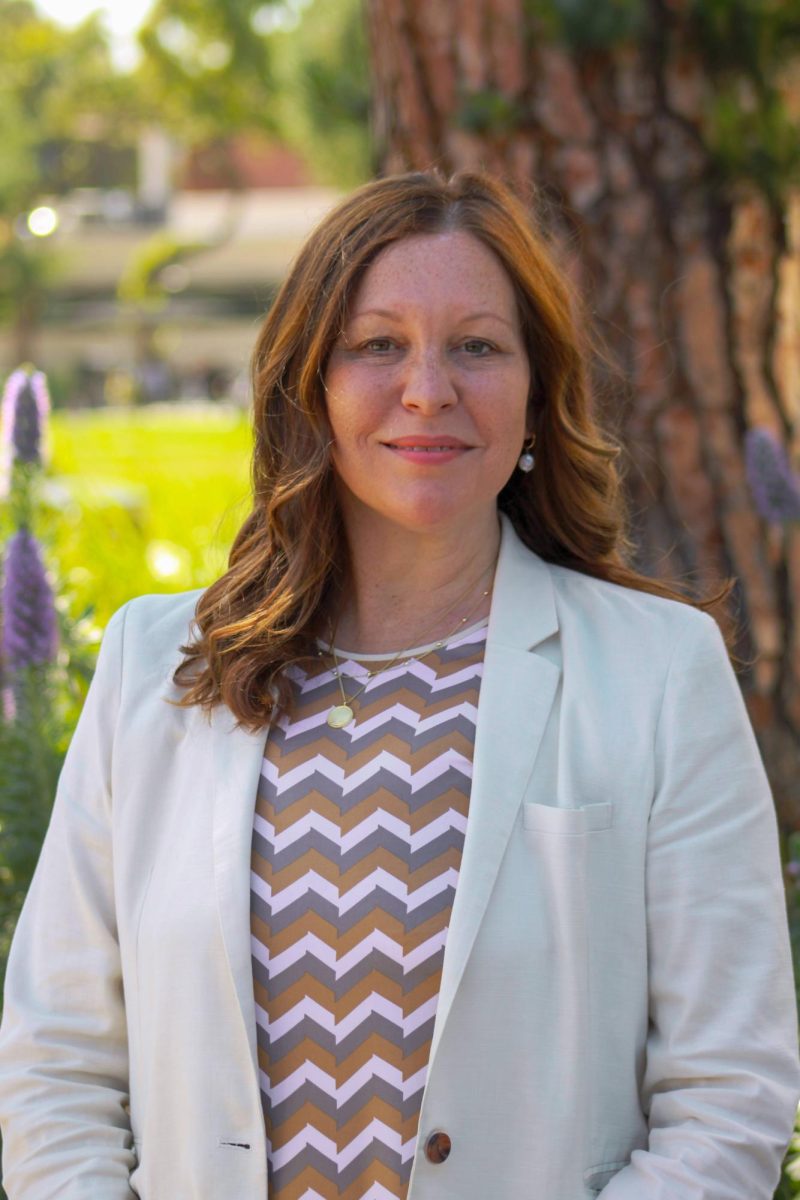By Elizabeth Cortez
Staff Writer
On Friday Oct. 25, the CSUB’s History Forum is hosting a symposium with professor of African and Middle Eastern History, Mustafah Dhada, D. Phil (University of Oxford). He will deliver a history of the Wiriyamu Massacre of 1972 in the Music Building, and will examine the colonial war between the Portuguese and the native Mozambicans, in which the Portuguese massacred about 500 civilians.
“Massacres like these had to be brought up to world attention. In war it might be fair, and all is fair
provided that you are killing not civilians but you are killing armed men,” said Dhada.
“In this instance, they were innocent civilians who had been decimated, about 400 of them in one
afternoon.”
According to Thomas Spear, in his book The Journal of African History, Andrew Hastings’ “most popular
work was his exposé of the Portuguese massacre at Wiriyamu (1974).” In the book Spear explains how
Andrew Hastings, a political journalist, first exposed the horrors of the massacre.
Adrian Hastings, a priest, published the original story of the massacre. The account ultimately reached
Italy. First published in a small Italian newspaper, it failed to get major attention. With some luck, the timing was right, it was six to seven days before the president of Portugal, Marcello Gaetano, was
coming on a state visit to London to celebrate 500 years of Portuguese and British imperial alliance. Six months later, Portugal set Mozambique free.
The massacre at Wiriyamu was revealed in 1973. According to the original editorial of The Times
published on July 10, 1973, “Massacres on the scale of Wiriyamu suggest it [local support of Frelimo,
the Mozambique Liberation Front] has support at least in the large areas, and that the Portuguese are
resorting in desperation to methods of frightfulness.”
“Very recently a scholar in Portugal attempted to deny the massacre and someone who knew my work
contacted me—and, I then wrote a very extensive rebuttal of it, which is also being published in scholar
journals. I spent nearly about eight months investigating the entire massacre on site. So I did a great
deal of work in terms of auto reconstruction, identifying where the bones were, talking to the survivors
as well, and I managed to actually get to talk to the perpetrators. The commander himself finally agreed
after many years of badgering to talk to me,” said Dhada.
The conflict between the Portuguese and the Mozambicans who, at that time, were part of Portugal,
led to denial from some Portuguese people in authority. For instance, David Leigh, a priest denied the
massacre officially on July 11, 1973, according to The Times. Titled “Epistemological Imperialism and
Mass Violence in World History: The Wiriyamu Massacre of 1972 Examined,” Professor Mustafah Dhada,
born in Mozambique, and a Fulbright Scholar will discuss how the story affected him.The event begins at 3:30 p.m. in the Music Building, in room 112.






